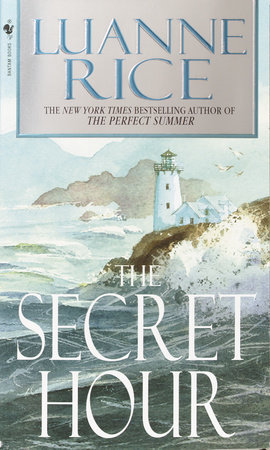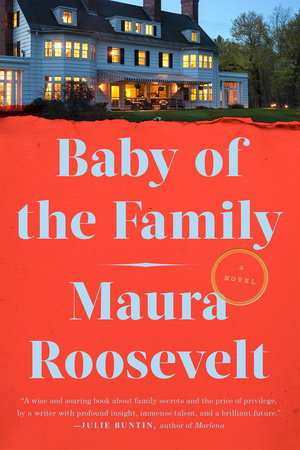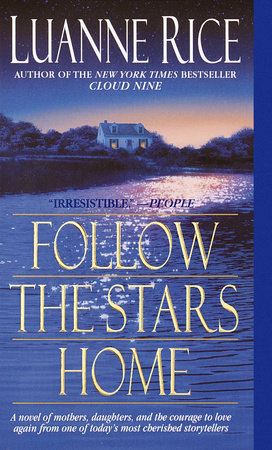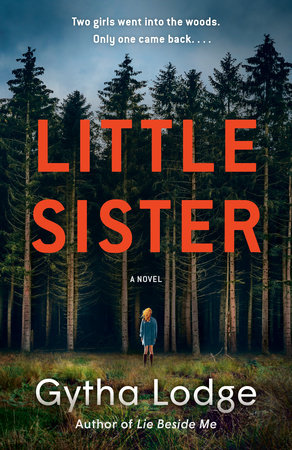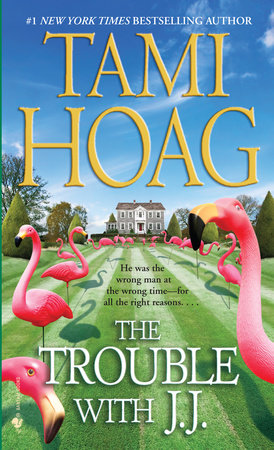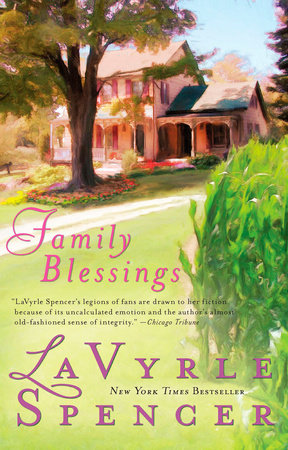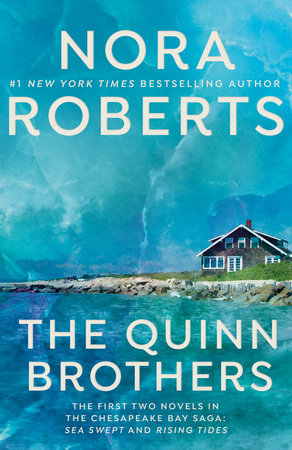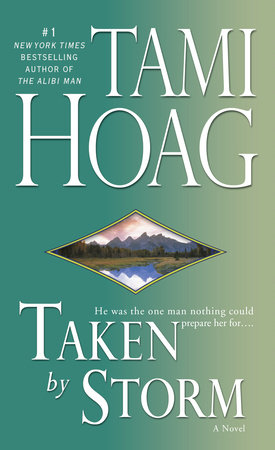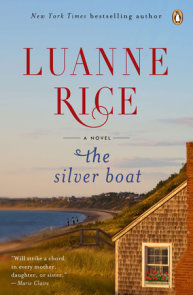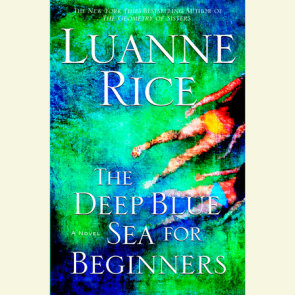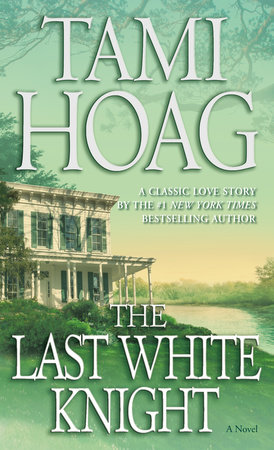Author Q&A
Q: There’s a darker strain of suspense and crime in The Secret Hour. By introducing the perspective of a killer early on, you create a sense of tension: readers want to understand John O’Rourke’s commitment to defending him; we want to know if the missing sister is one of his undiscovered victims; we glimpse how a case like this can polarize even a tight-knit community. How did you develop this complex web?
John O’Rourke, the defense attorney in The Secret Hour, is representing Greg Merrill, a man on death row for murdering young women and leaving their bodies in breakwaters along the shore. The case is discussed in coffee shops from New London to Black Hall; John’s children are taunted at school. An act of violence is committed against the O’Rourke family; along the way John becomes involved with a woman whose sister may or may not be one of Merrill’s victims; regardless, John is undeterred from defending his client.
One of the keys to writing this novel was, for me, understanding John O’Rourke’s mindset as a criminal defense lawyer. How could someone personally so good, with such a high moral standard, be committed to defending a serial killer? Several of my favorite cousins and some of my best friends are lawyers, and I find the profession endlessly fascinating.
It began, I suppose, down in Washington D.C. I was married to a law student, and I used to attend classes with him at Georgetown University Law Center. Being of dramatic bent, I was drawn mainly to Criminal law and Evidence classes. A just-beginning writer, I would find an empty chair and listen, mesmerized, to the lectures. Only magicians disappear better than writers, so I never expected to be "found out." But one time, Professor Irving Younger called on me to read a passage from the book. When I said, nervously, that I had no book, he instructed me to borrow one. I did so. When I had finished, he asked me which principle of Evidence law had been illustrated in the reading. (I remember it was a really gruesome account of a man who had killed several of his wives by drowning them in the bathtub, and the principle was "Prior Bad Acts.")
Embarrassed, I apologized and confessed in front of the whole class that I wasn’t actually a law student. Professor Younger just gazed upon me, completely unsurprised and unperturbed, and without missing a beat posed the question, "But are we not all, in the larger sense, students of the law?" Exactly. And I’ve never forgotten it!
Several years ago I sat through the Edward Sherman murder trial here in Connecticut. It was a sensational case, involving a man accused of killing his wife, staging a rape, and leaving her body in an air-conditioned bedroom to confuse the forensics experts. She was five months pregnant with their child. C. Robert Satti, the late prosecutor, wanted to make it a death penalty case, and would have if the child had been viable.
Throughout the trial, so many people came alive–especially the victim, Ellen Sherman. Her sister, her parents, her friends, their daughter: all brought her to life, day after day, with their tears and love. From all accounts, she was a wonderful woman, beloved by all. Henry C. Lee, then the medical examiner for the State of Connecticut, testified. Ed’s friends took the stand. Ed himself, a member of Mensa and a man who underestimated every person in his life, spent nine grueling days on the witness stand.
Details of his sordid personal life–his affairs, his child with another woman, his violent temper–were revealed. He was a man reviled by everyone who read the papers, in all the adjoining seaside towns up and down the Connecticut Shoreline. And he was represented by James A. Wade. This was one intriguing lawyer. He refused to speak to journalists. Over lunch, I’d overhear him speaking to his associate about the Sixth Amendment–the rights of the accused in criminal prosecutions–with the same fervor with which he discussed golf.
His spare reading, I observed by spying the title of the blue book he always carried around, was MIRACLE AT PHILADELPHIA, the story of the Constitutional Convention. The man cared. He gave his client superb representation. Sherman was found guilty, given a sentence of fifty years to life, and died in prison. He was guilty of a despicable crime, yet Wade championed him all the way. It was easy to admire Mr. Satti and Kevin Kane, then the assistant prosecutor and now State’s Attorney for New London County–public opinion placed them squarely on the side of the angels. Both sides seem to demand passion. But it takes great, perhaps greater, faith in our system of justice to defend the person accused of violent crime, and I find the position to be intrepid and inspiring. Irving Younger was right: we’re all students of the law. And John O’Rourke is dauntless.
